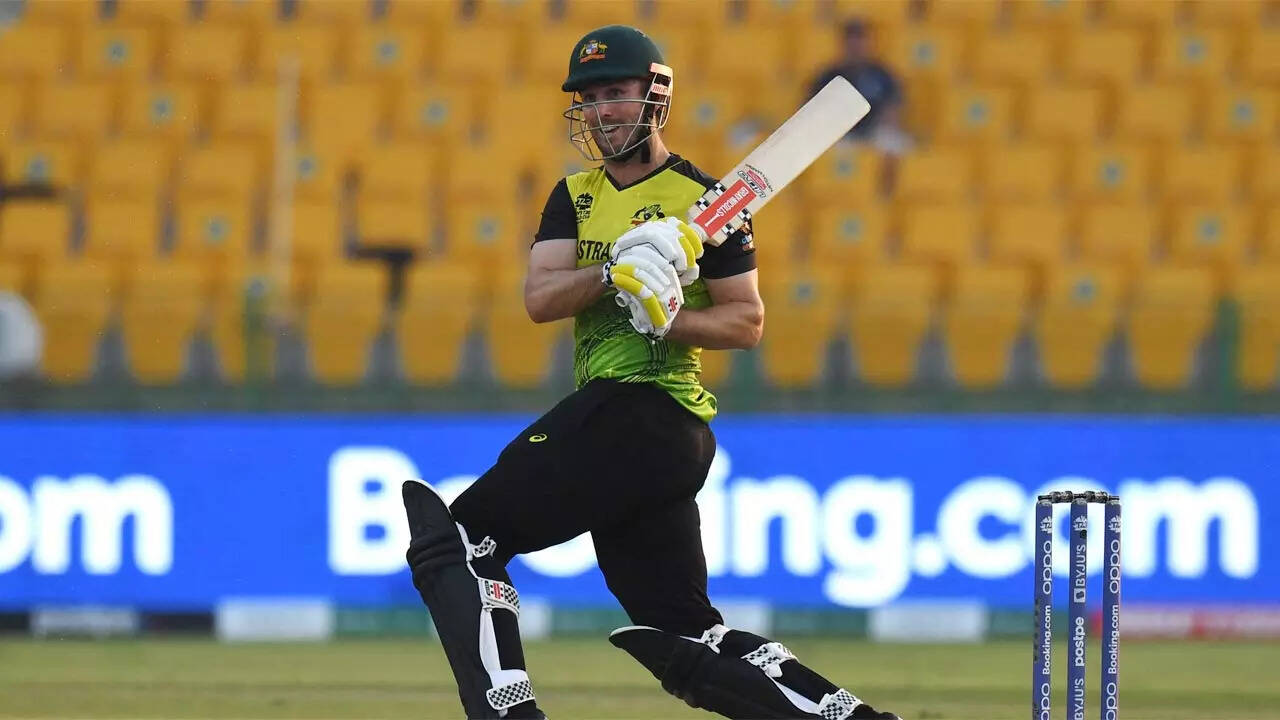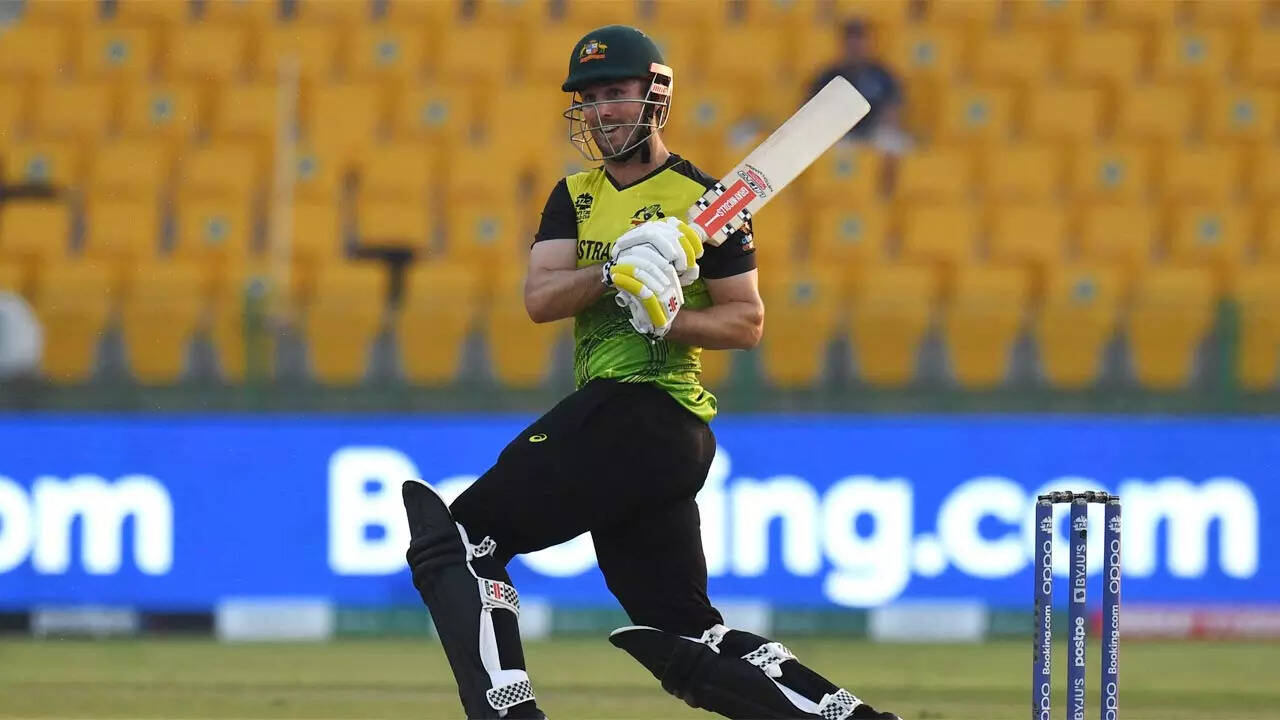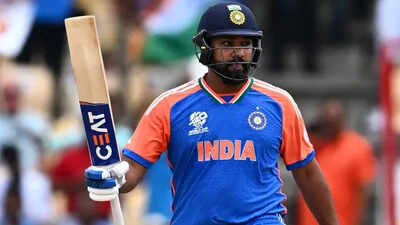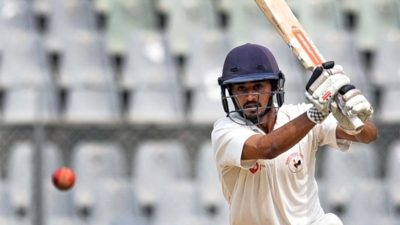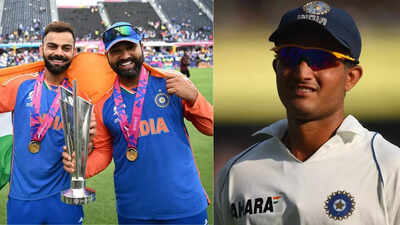South Africa won the toss and opted to bowl first, signalling confidence in their bowling attack and the unknown pitch conditions. Captain Aiden Markram admitted that the team had limited experience on this ground but expressed optimism about assessing the surface with the ball before making tactical decisions. The Proteas were keen to build momentum with a blend of experienced players like Markram and Kagiso Rabada alongside exciting newcomers such as Dewald Brevis and Lhuan-dre Pretorius. The return of rested stars like Ryan Rickelton and Tristan Stubbs further bolstered South Africa’s lineup.
Australia, fresh from a dominant 5-0 whitewash of the West Indies, welcomed back some key players who had missed the Caribbean series, including Travis Head and Josh Hazlewood. Notably, Australia debuted a new opening pair for the T20 format — Travis Head and Mitchell Marsh — with Marsh also leading the team as captain. Marsh spoke confidently about the team’s preparations, describing the pitch as a “belter” and emphasising the power and talent within the squad, including promising young players who excite fans.
The match had an electric atmosphere with both teams eager to assert themselves early. Australia’s strategy to open with Head and Marsh aimed to blend experience and power, setting the tone for the innings. South Africa, having recently lost a World Test Championship final to Australia, were determined to move on and focus on this format, as advised by coach Shukri Conrad.
Darwin’s unique history added a poetic layer to the contest — the city itself named after Charles Darwin, the naturalist who witnessed early cricket being played in New Zealand on his voyages. The match was not only a sporting contest but also a celebration of cricket’s global evolution.
With both teams strong and conditions unknown, the first T20I promised a compelling battle, highlighting the changing dynamics and fresh talent in international cricket’s vibrant T20 era.

